Welcome to Part 2 of our series on Advanced API Testing with Rest Assured. In this segment, we delve into three critical aspects of API testing: JSON Schema Validation, Serialization, and Deserialization. These advanced techniques empower developers and testers to ensure the reliability and efficiency of their APIs. Let’s explore how Rest Assured simplifies these processes, enhancing the quality of your API tests and boosting confidence in your applications
JSON Schema Validation
JSON Schema Validation is a method to ensure that a JSON response adheres to a specified structure and data types. It verifies that the API returns data in the correct format, helping to avoid problems from unexpected changes in the API response.
Create a JSON schema file
Define the structure, data types, and required fields of your expected JSON response in a schema file (e.g., schema.json).
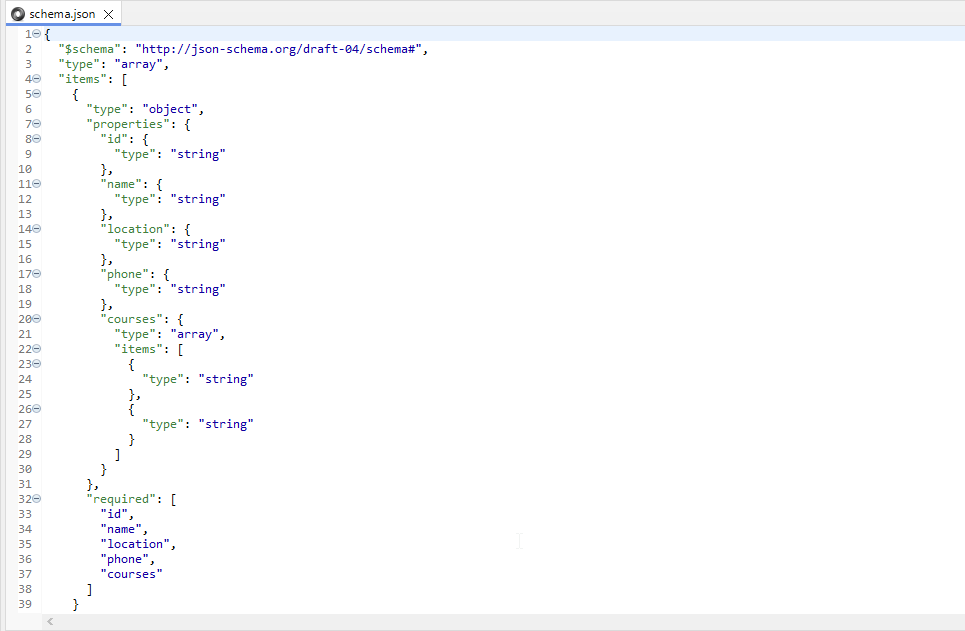
Validate the Response Against the Schema
Use Rest Assured to validate that the API response matches the schema.
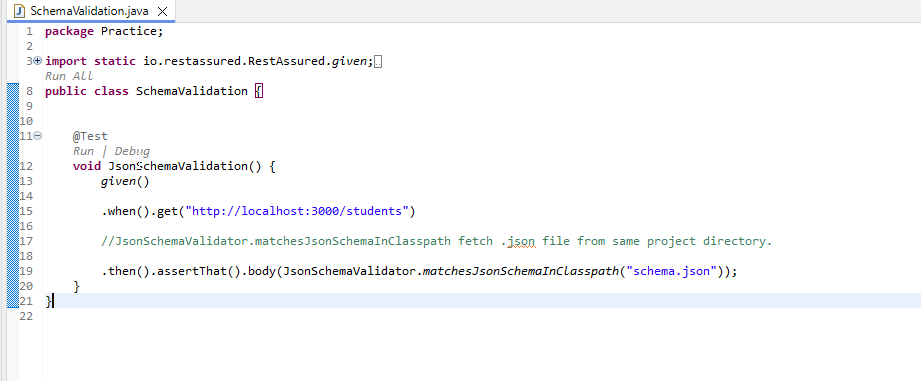
This example validates that the JSON response matches the specified schema. If the response does not conform to the schema, the test will fail, indicating a potential issue with the API.
Serialization and Deserialization
Serialization and Deserialization are processes used to convert data between Java objects and JSON format, facilitating the interaction between Java applications and RESTful APIs.
Serialization: Converting Java Objects to JSON
Serialization is useful when you need to send a Java object as a JSON payload in a request. This process involves converting a Java object into a JSON string. Create a POJO class ‘Student’.
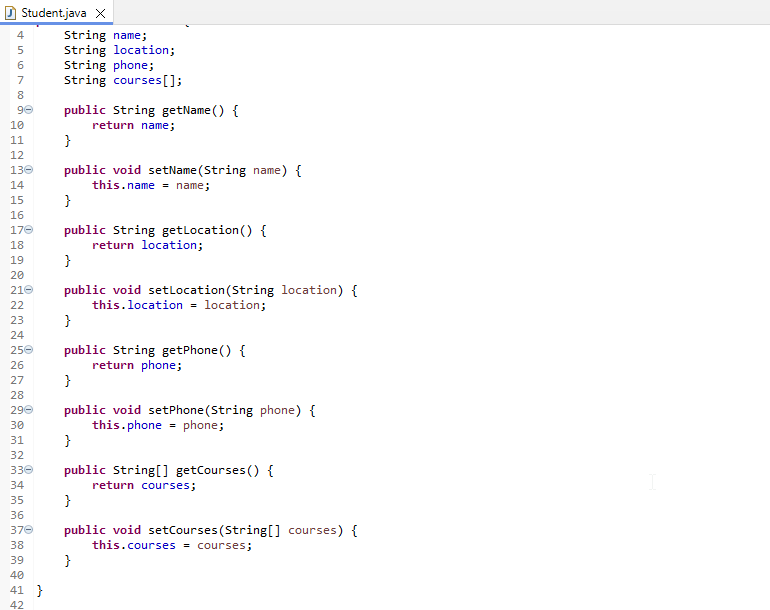
Serialization: Converting Java Objects to JSON
Serialization is useful when you need to send a Java object as a JSON payload in a request.
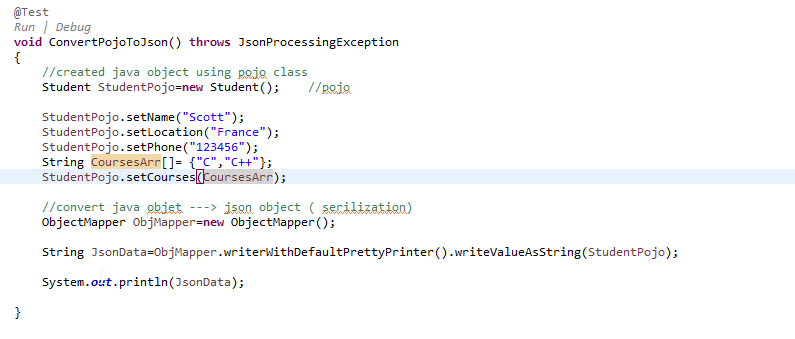
In this example, a ‘Student’ object is created and serialized into a JSON payload. Rest Assured handles the conversion automatically when you pass the object to the body method.
Deserialization: Converting JSON to Java Objects
Deserialization is useful for converting the JSON response from an API into a Java object.
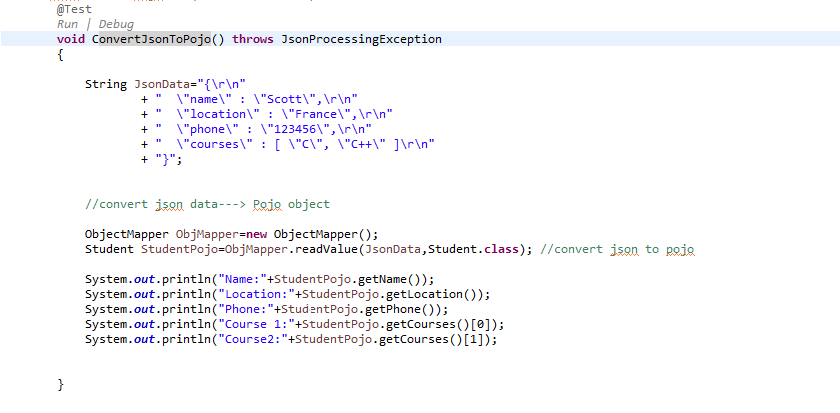
In this example, the JSON response is deserialized into a ’jsondata’ object using the as method. This makes it easier to work with the response data in your tests.
Conclusion
We have examined the advanced capabilities of the Rest Assured framework, such as serialization, deserialization, and JSON Schema Validation. By using these strategies, you may ensure the dependability and efficiency of your apps by creating manageable and dependable API tests. Rest Assured provides a strong toolbox for Java API testing when used with POJO classes. It is a vital tool for developers and testers due to its simplicity of use, compatibility with several authentication protocols, and connection with other testing frameworks.
After reading these sections, it would help if you were prepared to start testing RESTful APIs with Rest Assured and POJO classes.
Cheers for your Testing!

